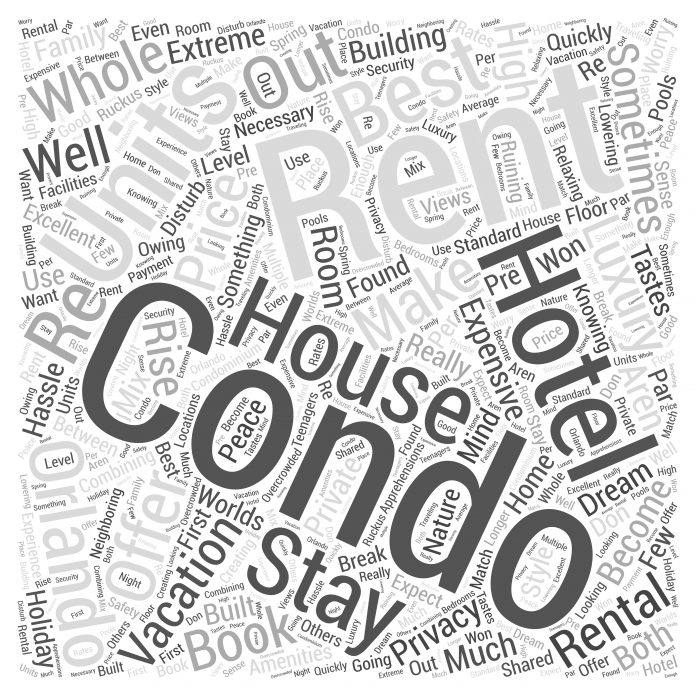Look at any large city in Canada and you will notice the number of condos being built. Condo living has become a way to use less space to house more people. Many seniors purchase or rent condos after selling their homes. But there are pros and cons to condo living. It isn’t for everyone so do your due diligence, especially if you plan to purchase.
Pros and Cons
- Next to no maintenance. Many seniors (and those much younger!) prefer to spend their time on anything other than lawn cutting and leaf raking. In a condo, maintenance is usually done for you. Sometimes this will also include repairs inside your unit. The bad side of this is that this maintenance can come with a hefty fee. If you want services and amenities, you have to pay for them. Fees will differ from one condo complex to another. Also check what’s included for your fees. For many seniors the value of having maintenance included means they are free to pick up and go away at any time.
- Condos tend to be affordable. Though the price for a condo can range from very cheap to ultra expensive, the average price is much lower than the same amount of living space in a house. Quite often they are in urban areas, close to shopping, restaurants and other amenities. They may also have extras included such as upscale lighting, countertops and other hardware. The downside? While some complexes offer underground parking, quite a few have parking located in a separate area nearby. This can mean carting groceries home from your parking space and can also mean a walk in poorly lit areas at night.
Condos can appeal to older adults, especially if the building is adults or seniors only. They quite often offer security features and accessibility, both important as you age. Before purchasing or renting, read the fine print. Find out what your fees are, speak with the condo association and get everything in writing. To read more on the pros and cons of condo living, click here.

























